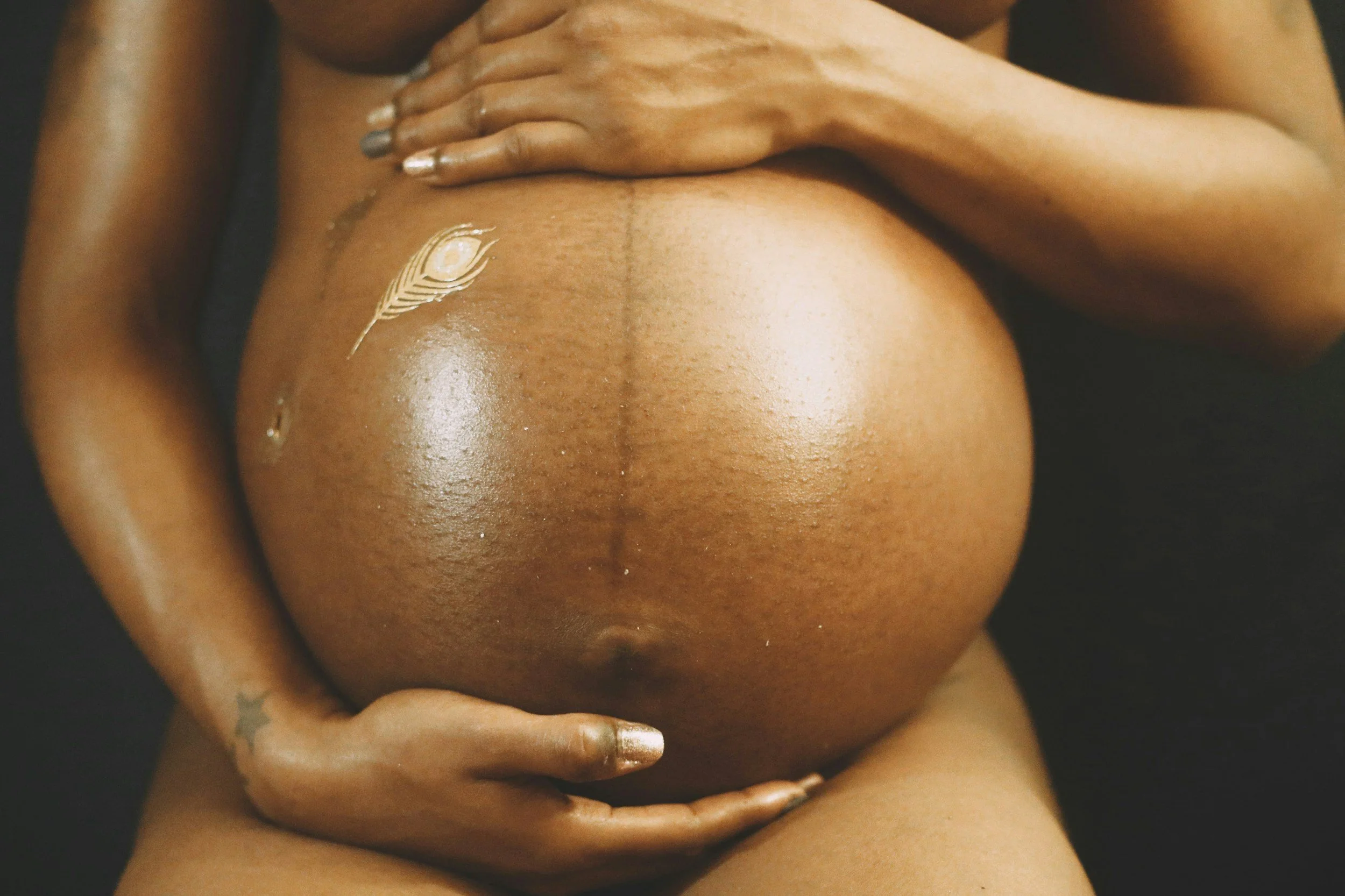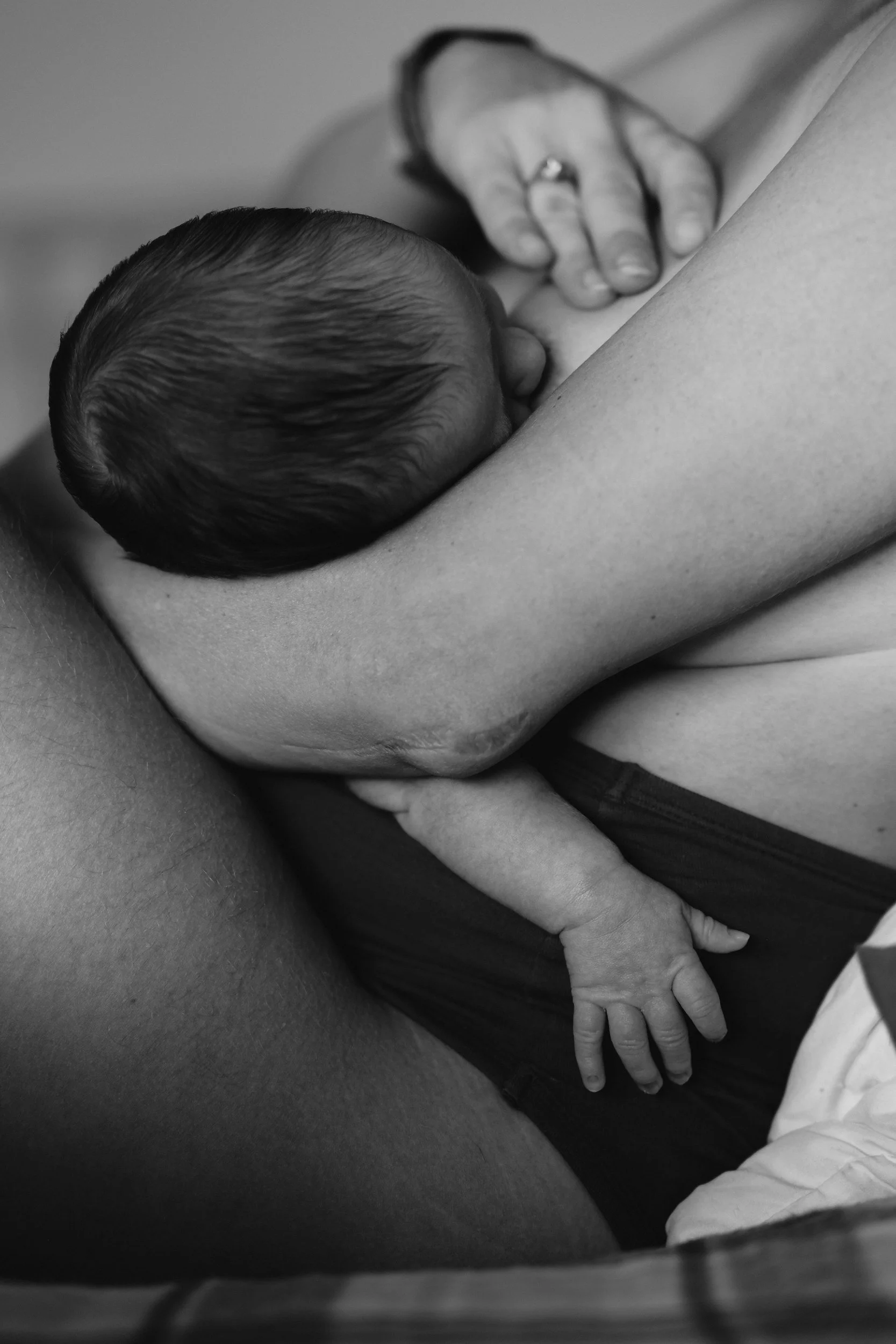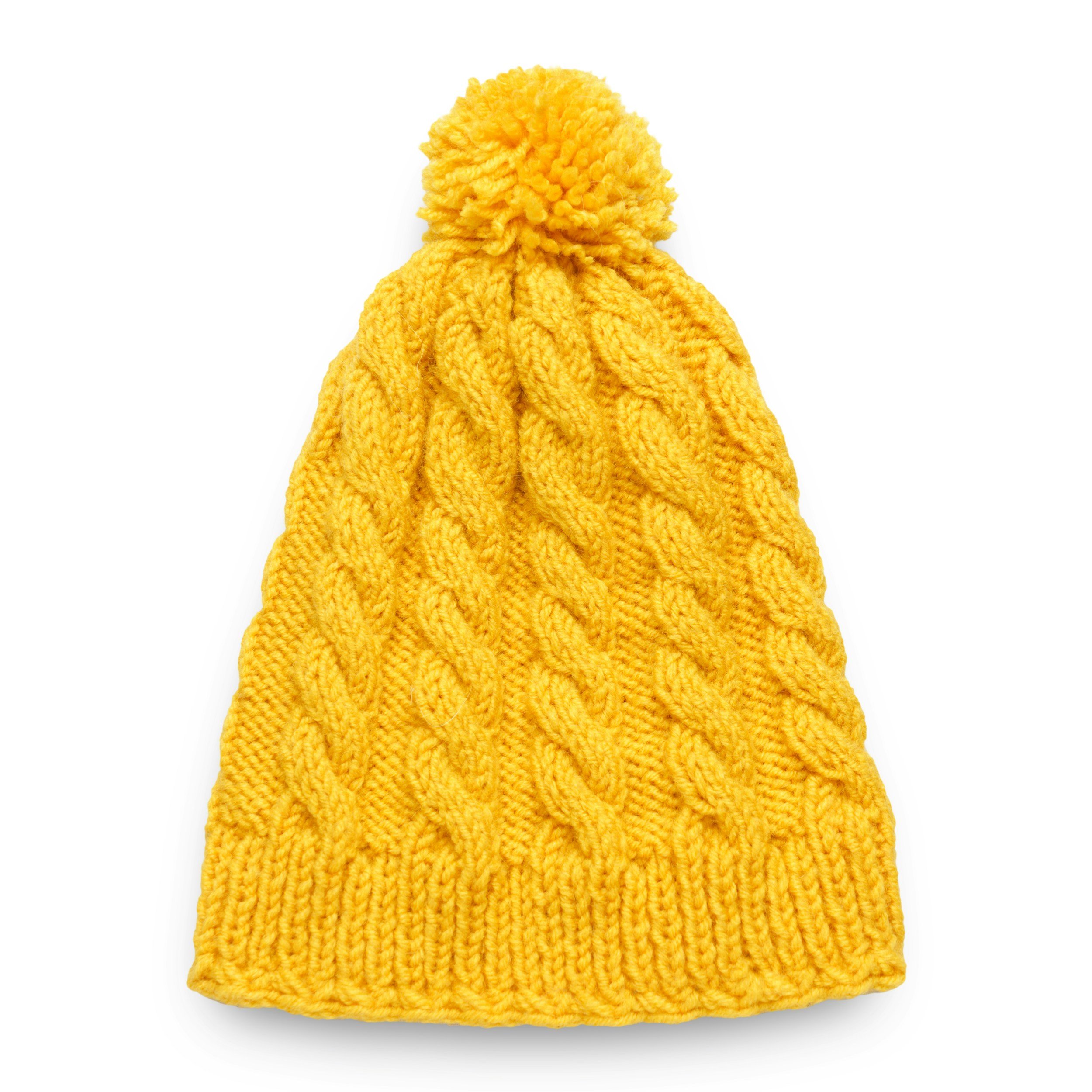
Creating More Mindful Experiences

Caring for a Preemie at Home: Practical Support for Those Early Weeks
Bringing your premature baby home is a huge milestone — and a big adjustment. This guide offers compassionate, practical advice on caring for your preemie at home, supporting feeding and sleep, creating a safe environment, and looking after your own wellbeing during this unique stage.

Life in the NICU: Supporting Premature Babies
The NICU can feel overwhelming — but it’s also a place of care, hope, and growth. Here’s what to expect and how to support your premature baby while nurturing yourself too.

Breastfeeding Basics: How to Tell If Your Baby Is Getting Enough Milk
In this basic guide, we’ll cover how to tell your baby is getting enough milk, what’s considered “usual,” and when to seek extra support.

Black Maternal Health in the UK: Navigating Pregnancy and Childbirth with Dignity and Equity
Pregnancy should be a time of joy, but for Black women in the UK, systemic inequalities, cultural barriers, and gaps in maternity care can turn it into a stressful and sometimes dangerous journey. From higher rates of maternal complications to challenges with breastfeeding and postpartum mental health, Black mothers often navigate unique hurdles. Empowerment, culturally competent care, and strong support networks—including doulas and informed family members—are key to ensuring safer, more positive birth experiences.

Love, Community, and Black Maternal Mental Health: Nurturing Mothers in the UK
Pregnancy is more than a medical journey—it’s a deeply human one. For Black mothers in the UK, love, community, and mental wellbeing are essential. Discover how circles of support, self-care, and shared wisdom empower mothers through pregnancy, birth, and postpartum.

Struggling with Breastfeeding? How Mental Health Plays a Role
Breastfeeding can be joyful, but it can also feel overwhelming, exhausting, or anxiety-inducing. This guide explores the emotional side of breastfeeding, offering practical tips, professional support options, and strategies to protect your mental health while feeding your baby.

Wait, WTF Does That Mean?! Navigating Newborn Acronyms like APGAR & NIPE
Welcome to parenthood – where the alphabet suddenly has new, mysterious meanings. If you're about to be a new parent or you’ve recently welcomed a little one into the world, you’ve probably already encountered the infamous acronyms: APGAR (app-gar) and NIPE (ny-pee). Think of these as your baby’s first health report card. We will start with these basics, but know that there are likely more to come

Hello, Yellow! Understanding Newborn Jaundice and How to Deal With It
Jaundice happens when there’s an excess of bilirubin (a yellow pigment) in the baby’s blood. This can tint their skin, eyes, and even the inside of their mouth yellow. Bilirubin is a byproduct of breaking down old red blood cells, and babies produce a lot of it !(for very specific reasons inside your womb, which are no longer necessary outside it)…